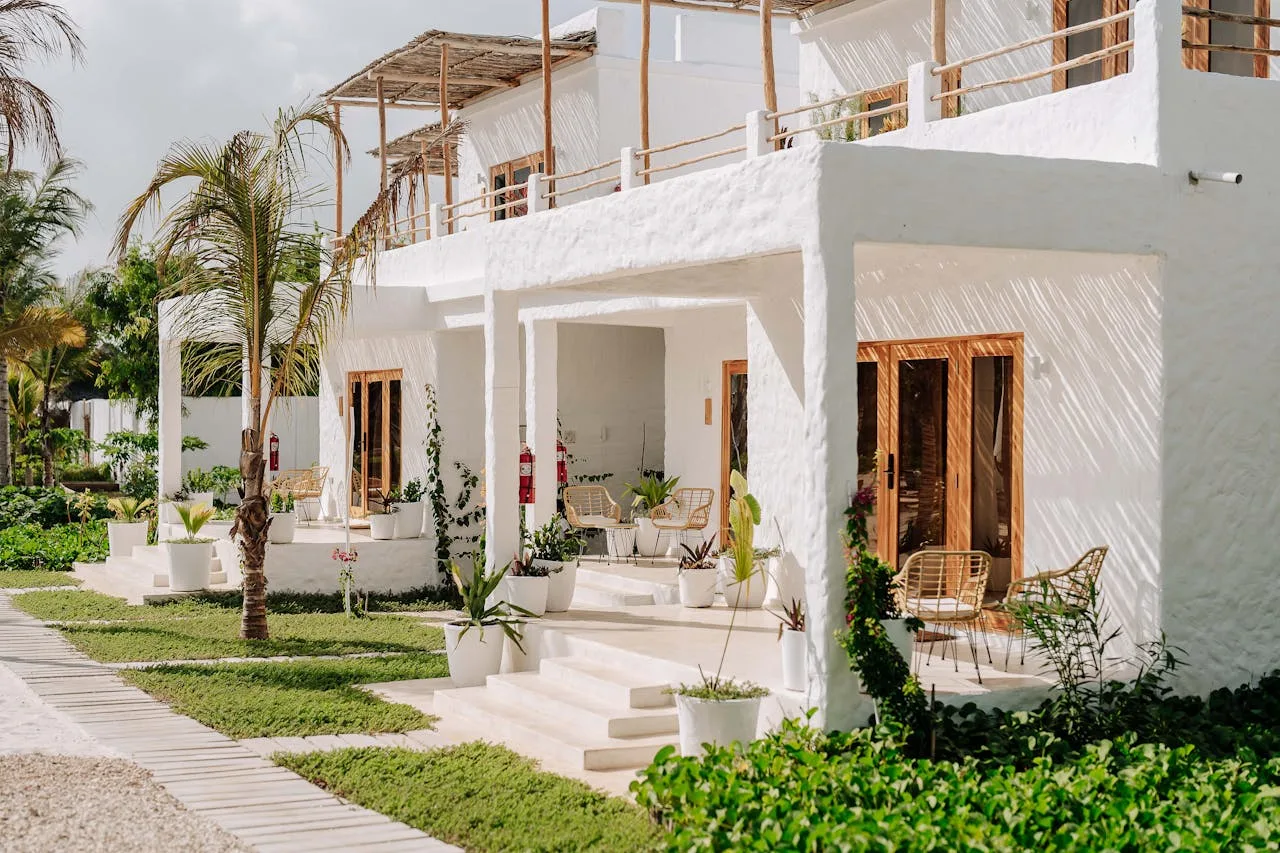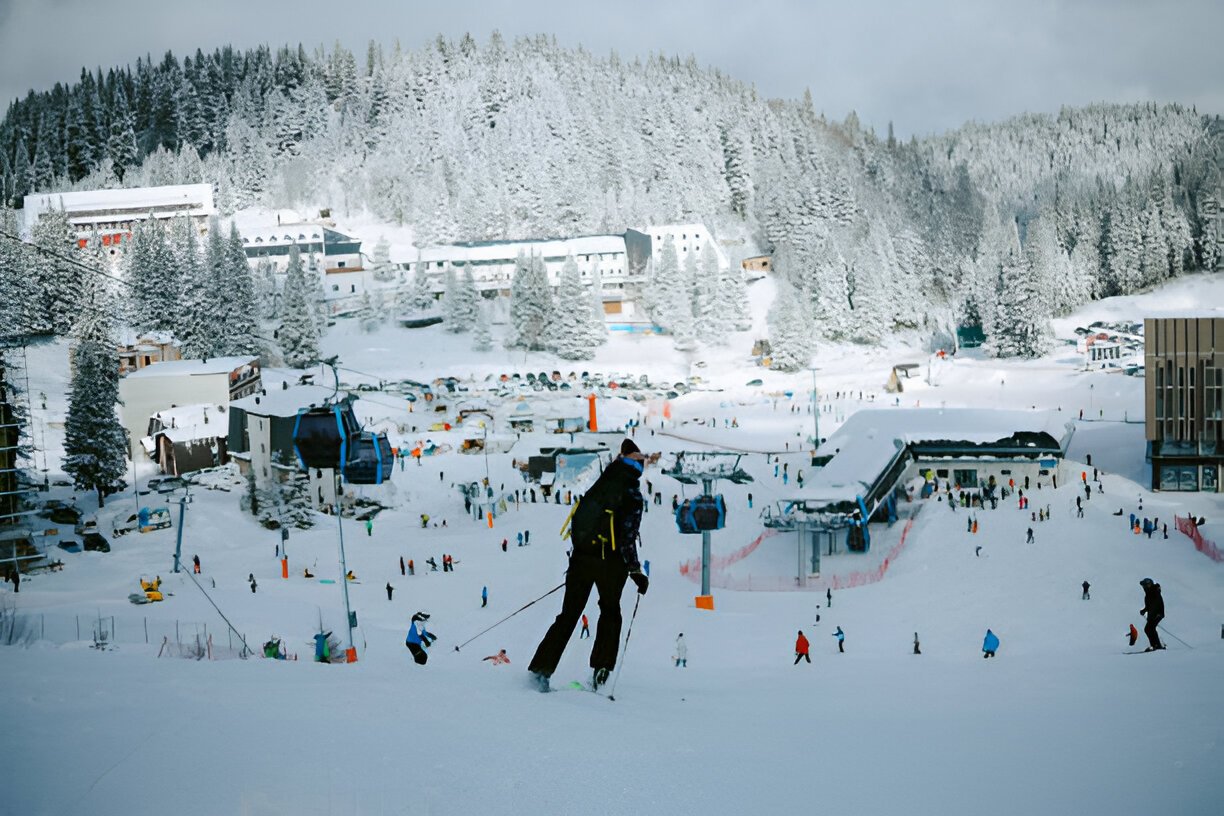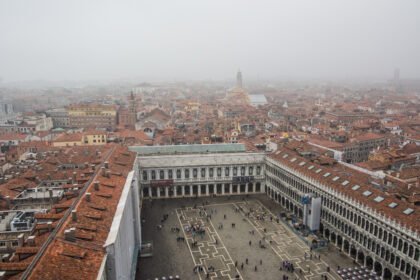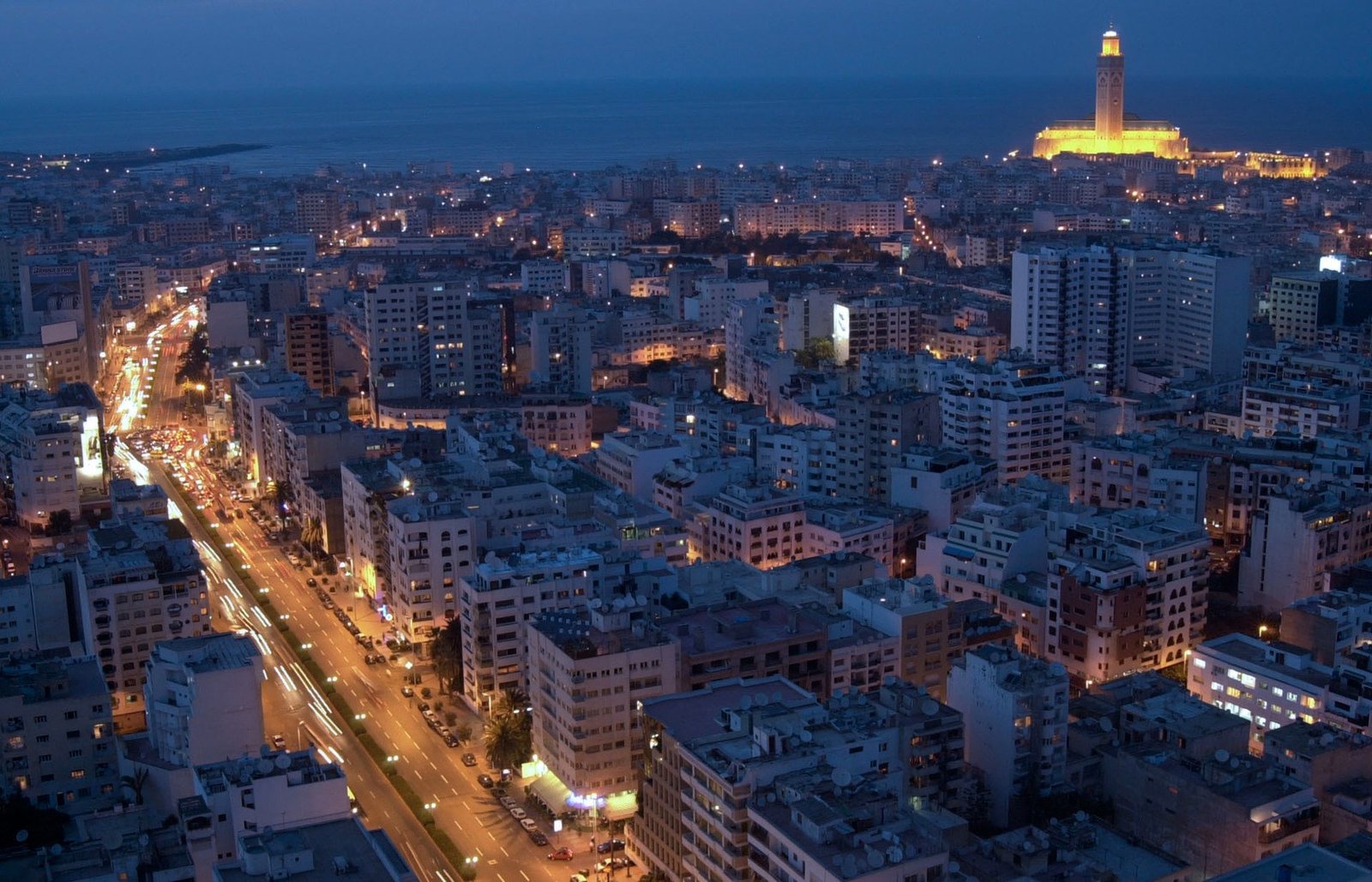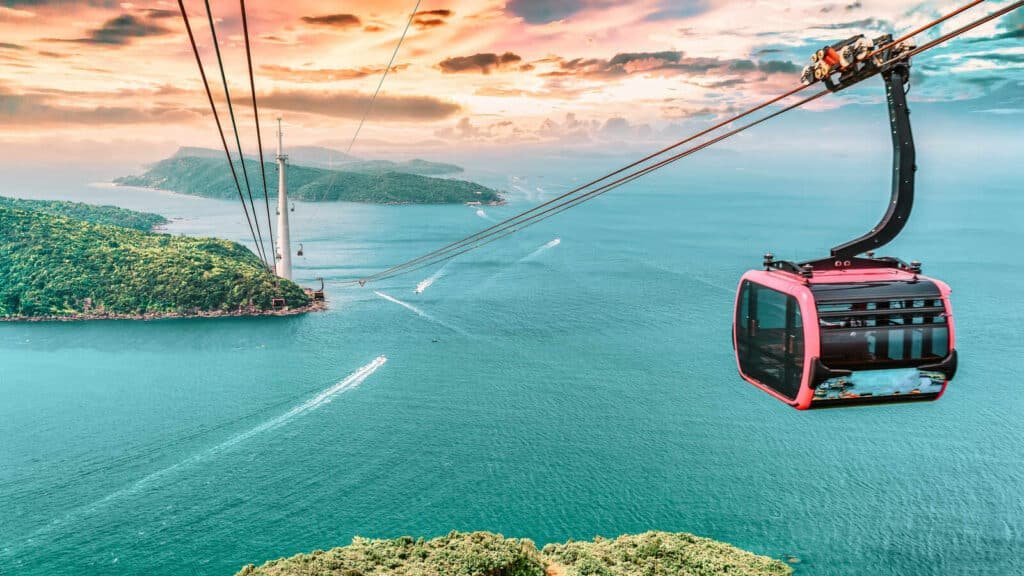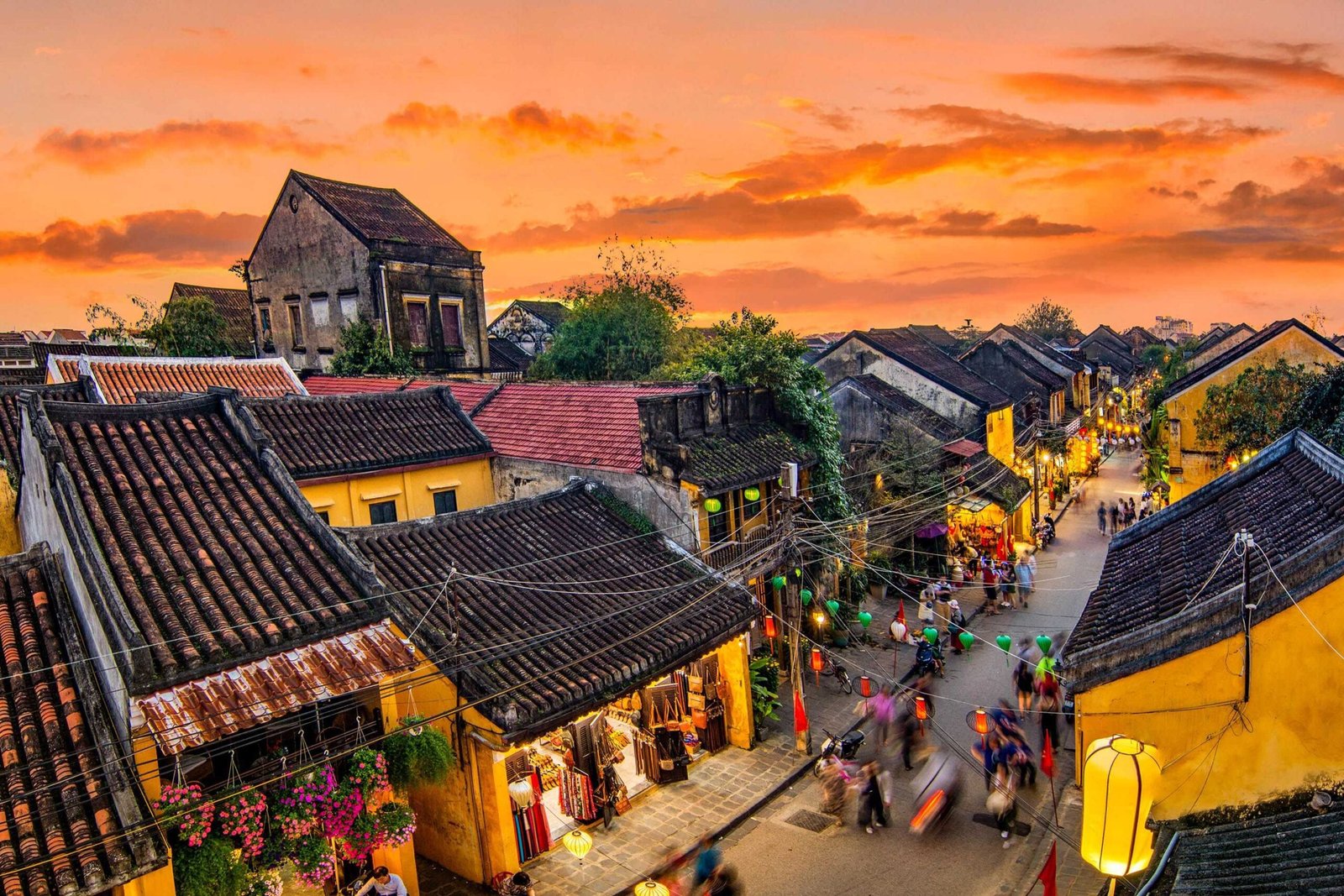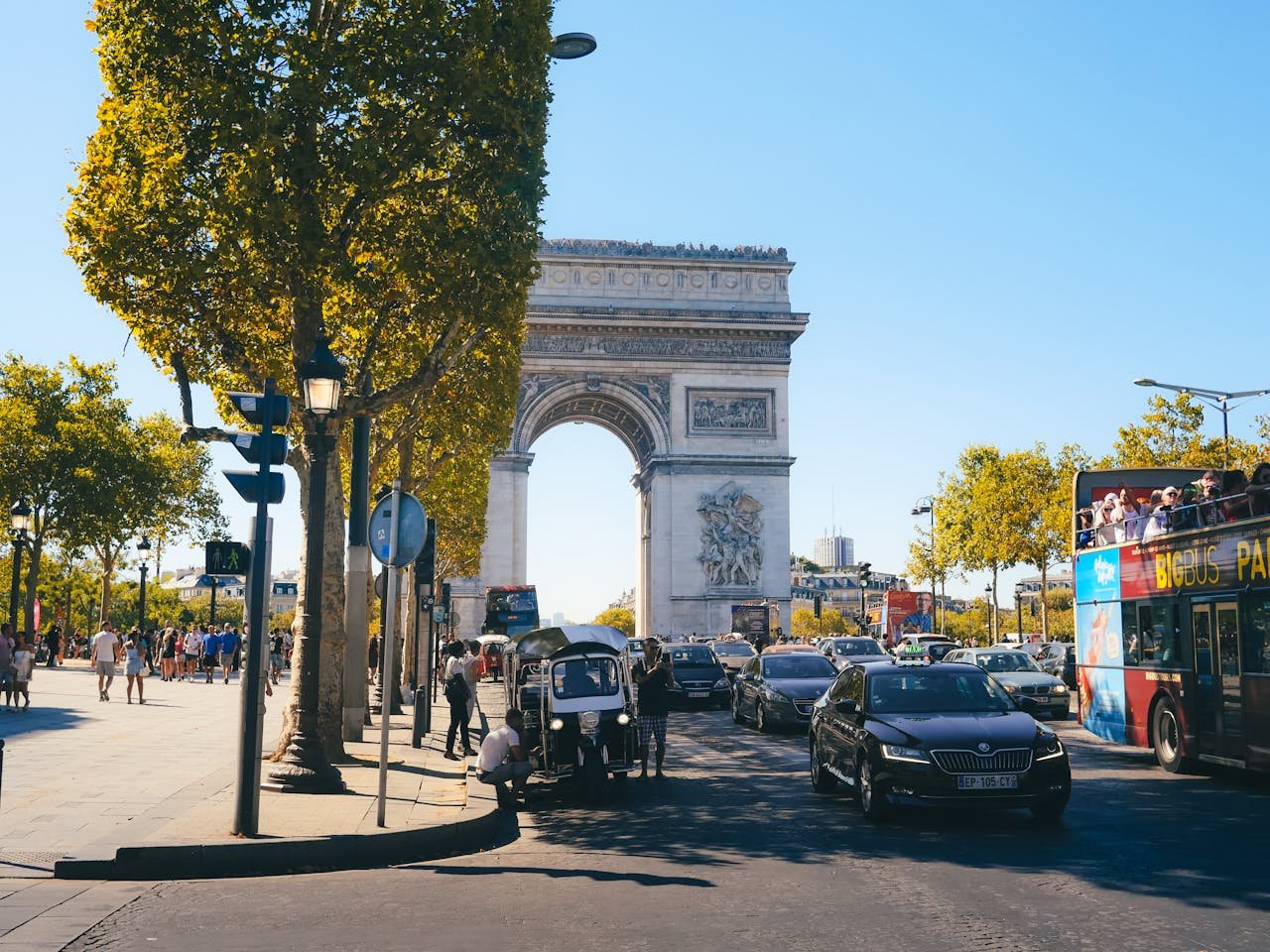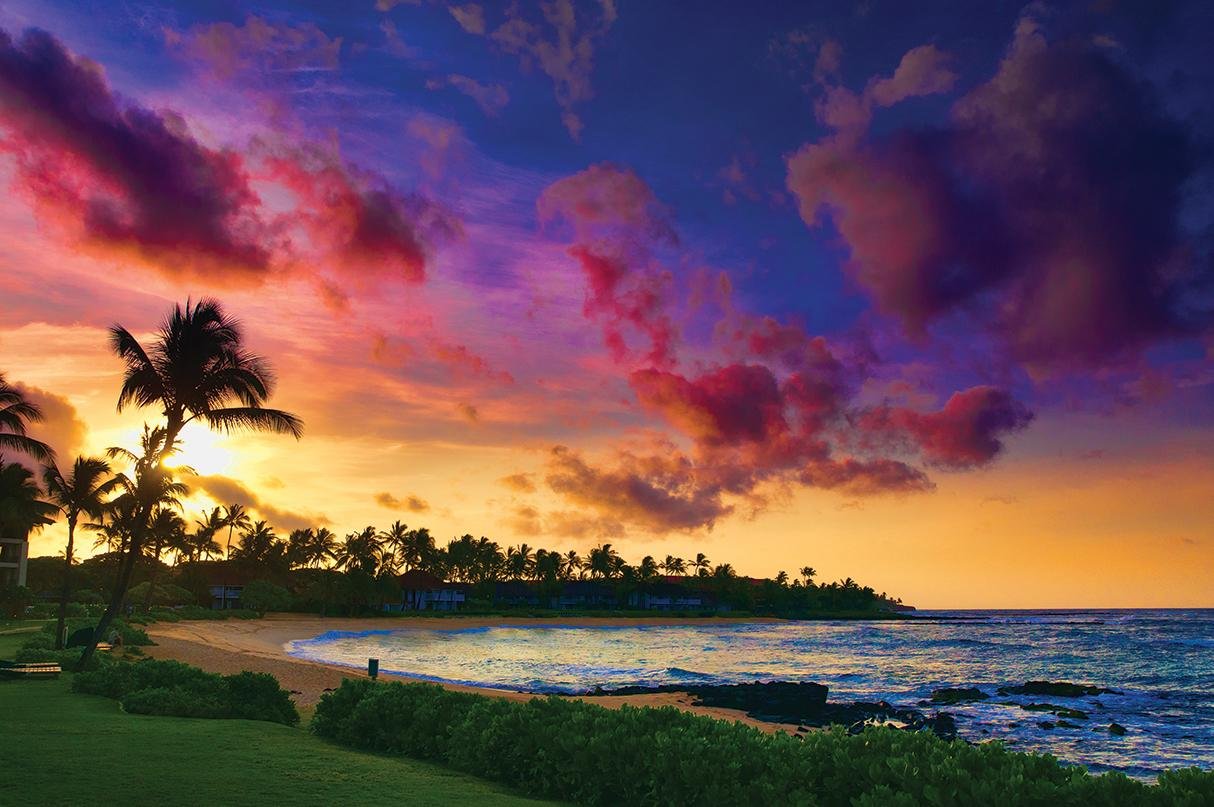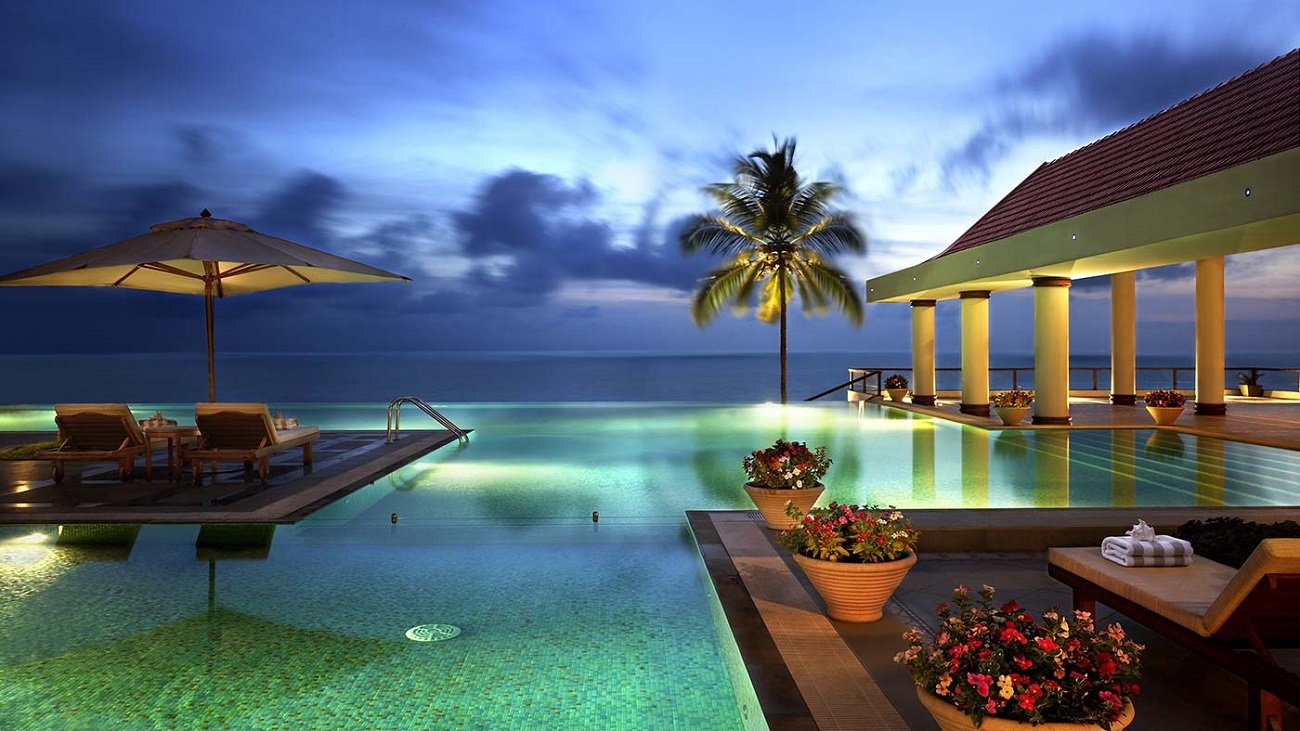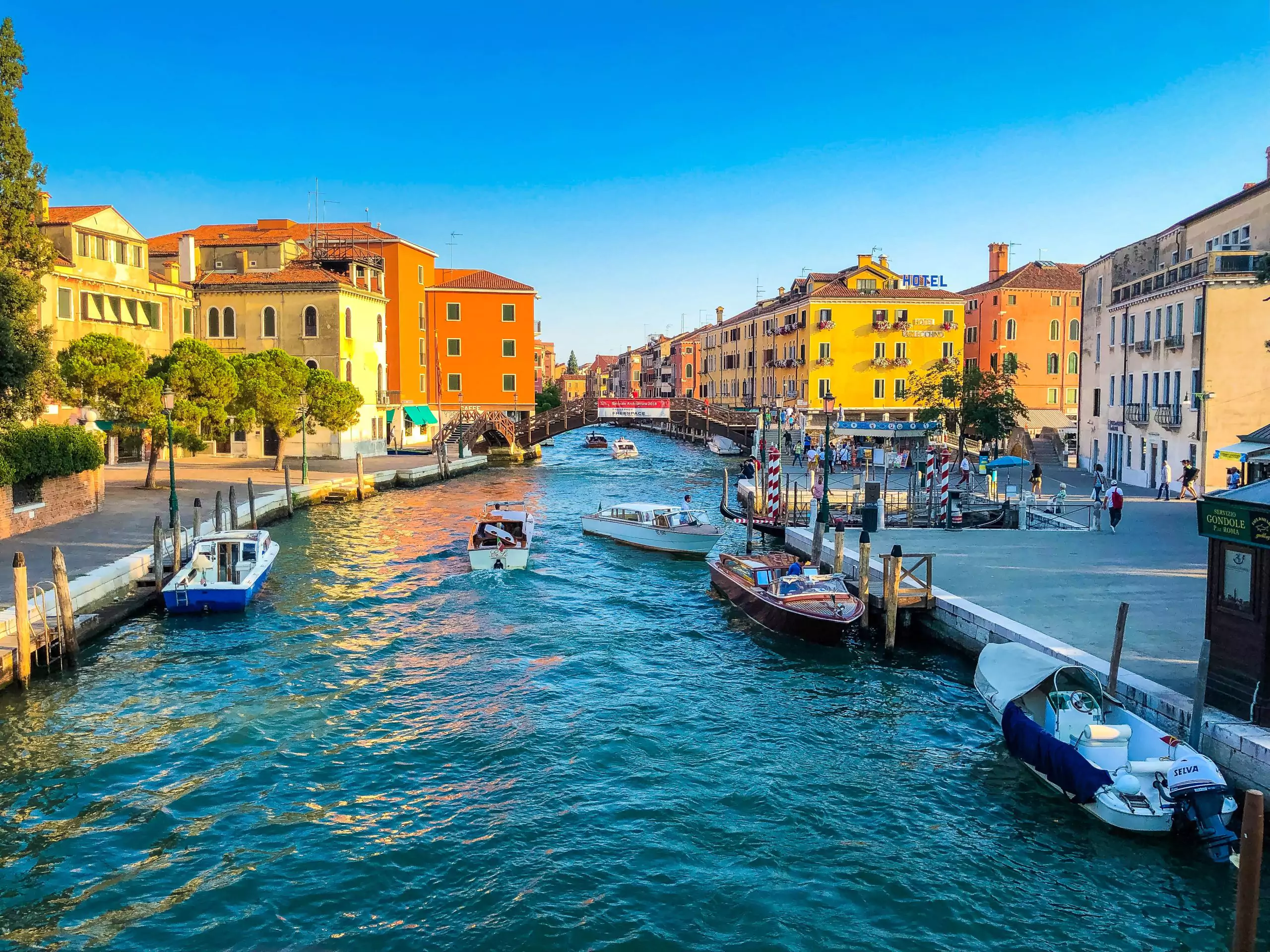One of the most beautiful places in East Africa is Zanzibar, an archipelago off the coast of Tanzania. People from all over the world dream of going to Zanzibar because of its powdery white-sand beaches, turquoise waters, long history of culture, and friendly people.
It’s important to know about the island’s culture, logistics, and natural environment before you pack your bags. This complete guide covers everything you need to know before going to Zanzibar, from visa advice and weather patterns to cultural norms and how to get around. It will help you plan a smooth and memorable trip to this island paradise.
1. Welcome to Zanzibar
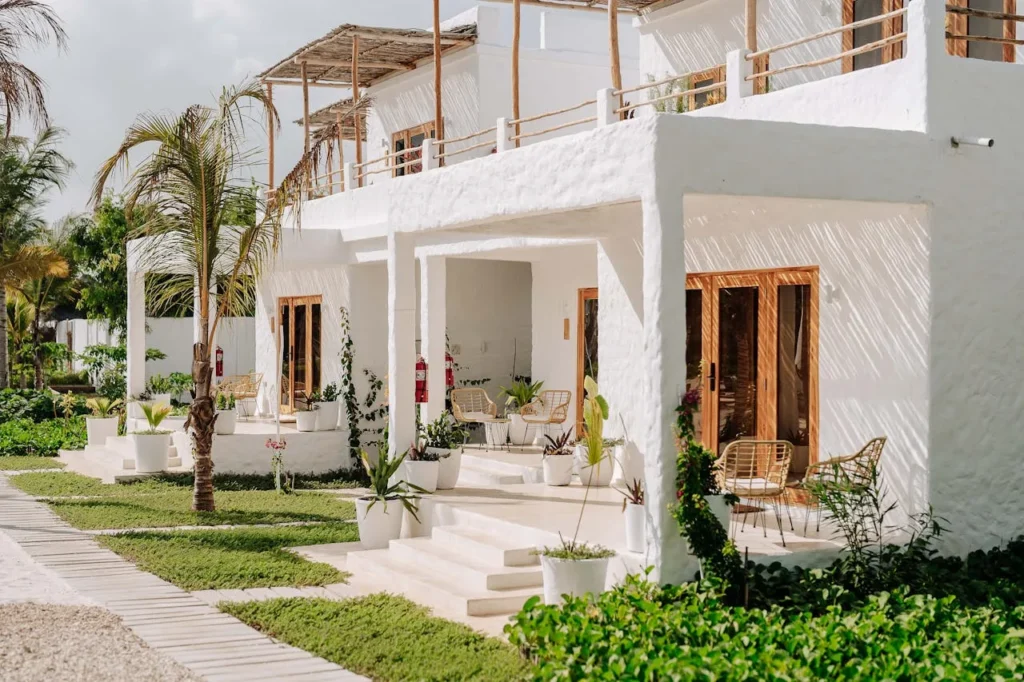
Zanzibar is made up of two main islands: Unguja (which is often called Zanzibar Island) and Pemba. There are also a few smaller islets. Stone Town, the capital, is a UNESCO World Heritage Site because it has a lot of Arab, Persian, Indian, and European influences.
Zanzibar was once known as a center for the spice trade, which is why it got the name “Spice Island.” Today, people who love the beach, history, and culture all love it.
2. Information about Visas and Entry Requirements
For most people, getting into Zanzibar is pretty easy. Visitors who fly into Abeid Amani Karume International Airport (ZNZ) in Unguja or take a ferry from mainland Tanzania must follow the rules for entering Tanzania.
- Visa on Arrival: Many nationalities can get a visa when they arrive for $50 USD (US citizens pay $100 USD).
- E-Visa Option: You can get a tourist visa online through the official Tanzanian Immigration website.
- Passport Validity: Your passport must be valid for at least six months after you enter the country.
- Return Ticket: Immigration may want to see proof that you are going to travel on.
Before you go, check your country’s travel advisory for the latest rules about entry.
3. When is the Best Time to Go to Zanzibar?
Zanzibar has a tropical climate, but the weather can change a lot from month to month.
The Busy Season (June to October)
- Weather: Dry, sunny, and breezy.
- Great for: Diving, snorkeling, and beach vacations.
- Tip: Make reservations ahead of time because this is the busiest time of year for tourists.
Brief Rains (November)
- Weather: Light rain that comes and goes.
- Tip: This is a good time to go because there are fewer people and the weather is still nice.
Low Season (March to May)
- Weather: Lots of rain and high humidity.
- Tip: This is best for people on a budget, but some resorts may close for a short time.
Holiday Season (December to February)
- Weather: Hot and dry.
- Perfect for: New Year’s Eve, cultural events, and beach fun.
4. How to Get to Zanzibar
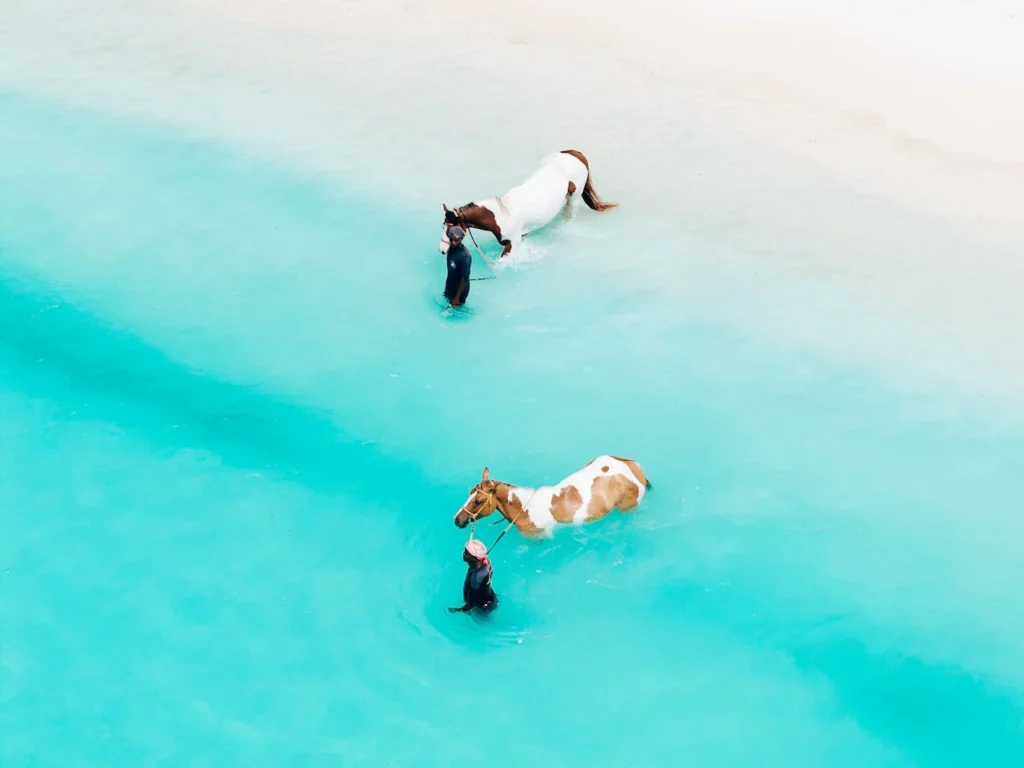
By Plane
Most people who go to Zanzibar get there by:
- International flights go straight to ZNZ from Europe, the Middle East, or regional hubs like Nairobi, Addis Ababa, or Doha.
- Flights within Tanzania from cities like Dar es Salaam, Arusha, or Kilimanjaro.
By Boat
Companies like Azam Marine run regular ferries between Dar es Salaam and Stone Town. It takes about two hours to get there.
Tip: Always book tickets ahead of time and choose reliable operators during the busy season.
5. Money and Currency Issues
The Tanzanian Shilling (TZS) is used in Zanzibar. Some hotels and tour companies will take USD or EUR, but it’s best to have local money on hand for small purchases.
- You can find ATMs in big cities like Stone Town and Nungwi. But they might run out of cash or not take cards from other countries.
- Credit cards are accepted at bigger hotels, but they usually charge a fee of 3% to 5%.
- Tipping: Not required, but appreciated, especially for drivers, hotel staff, and guides.
6. Language and Talking
Swahili is the main language spoken in Zanzibar, but English is also common in tourist areas.
Phrases in Swahili that are Helpful
- Hey! – Hi
- Asante – Thank you
- Karibu – Welcome
- Pole pole means “slowly,” which is how things are done here.
Knowing a few Swahili words will help you connect with the people and make your cultural experience better.
7. Religion, Culture, and Manners
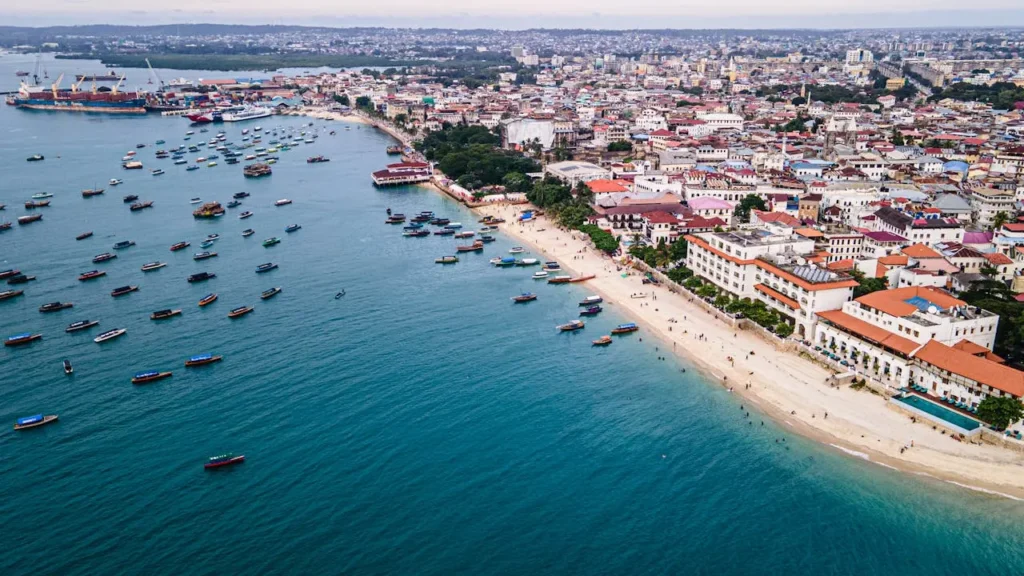
Zanzibar is mostly Muslim, and even though it’s good for tourists, it’s important to follow local customs.
Dress Modestly in Public
- Women should not wear revealing clothes when they are not at the beach.
- Men should wear shirts when they are in towns and villages.
Respect Religious Sites and Prayer Times
- Most mosques are holy places where only Muslims can go.
- Don’t act loudly or show affection in public near places of worship.
How to Behave When Drinking
You can drink alcohol in hotels and tourist bars, but you shouldn’t drink in public places or during the holy month of Ramadan.
8. Health and Safety Tips
- Yellow Fever: If you are coming from a country where yellow fever is a risk, you need to get a vaccination.
- Recommended Vaccines: Hepatitis A and B, typhoid, tetanus, and malaria prophylaxis.
Malaria
There is malaria in Zanzibar. It is very important to take preventative medicine and use mosquito repellent.
Insurance for Travel
Make sure your travel insurance covers:
- Emergencies in health
- Cancellations of trips
- Sports and activities in the water
Safety in General
Zanzibar is mostly safe, but like any other place:
- Don’t go to deserted beaches at night.
- Take care of your valuables.
- Use taxis that are licensed or transportation that the hotel sets up for you.
9. How to Get Around
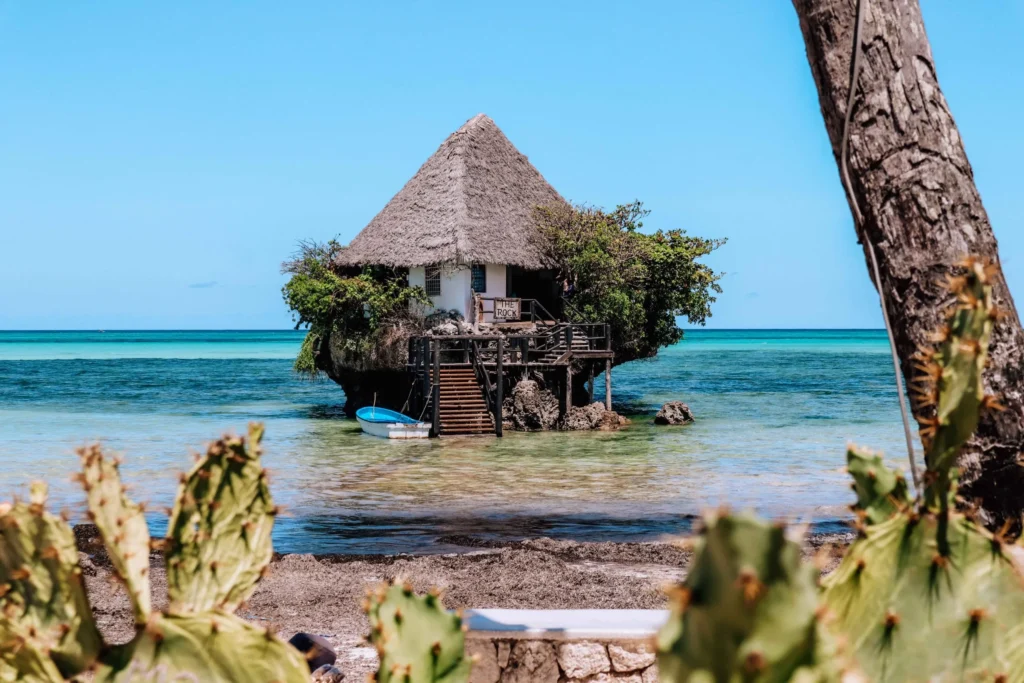
- Taxis and private transfers are available at airports, hotels, and popular tourist spots in Zanzibar.
Before getting in, talk about the price.
Dala-Dalas (Minibuses that are Shared)
- Cheap and close by, but often too full.
- Best for travelers who want to have a local experience and are up for an adventure.
Rental Cars or Scooters
You can rent cars or scooters with or without a driver. Keep in mind that you’ll need a temporary driving permit for Zanzibar, which rental companies can help you get.
10. Best Places to See in Zanzibar
- Town of Stone
The cultural center of Zanzibar, with narrow streets, old buildings, and busy markets.
Visit the House of Wonders, Old Fort, and Freddie Mercury’s birthplace. - Nungwi Beach
Located in the north, it has clear waters, beach bars that are always busy, and great views of the sunset. - Kendwa
Next door to Nungwi but quieter. Perfect for people who want peace and quiet without giving up luxury. - Paje and Jambiani
Located on the southeast coast. A lot of backpackers, kite surfers, and budget travelers like it. - Prison Island
It’s a short boat ride from Stone Town. Where giant tortoises and old ruins live. - The Jozani Forest
A nature reserve where you can see the rare red colobus monkey, which only lives in Zanzibar. - Mnemba Atoll
The best place to snorkel and dive because it has a lot of different marine life.
11. Things to Do and See
Don’t Miss:
- The Spice Tour takes you to Zanzibar’s spice farms, where you can see cloves, nutmeg, cinnamon, and vanilla.
- Dhow Cruise: Take a sunset cruise on a traditional wooden sailing boat.
- Snorkeling and Diving: Great ways to see coral reefs, especially around Mnemba Atoll.
- Cultural Tours: Go to historical sites, traditional markets, and local villages.
- Cooking Classes: Learn how to make Swahili dishes like pilau, biryani, and coconut curry.
12. Food and Drink
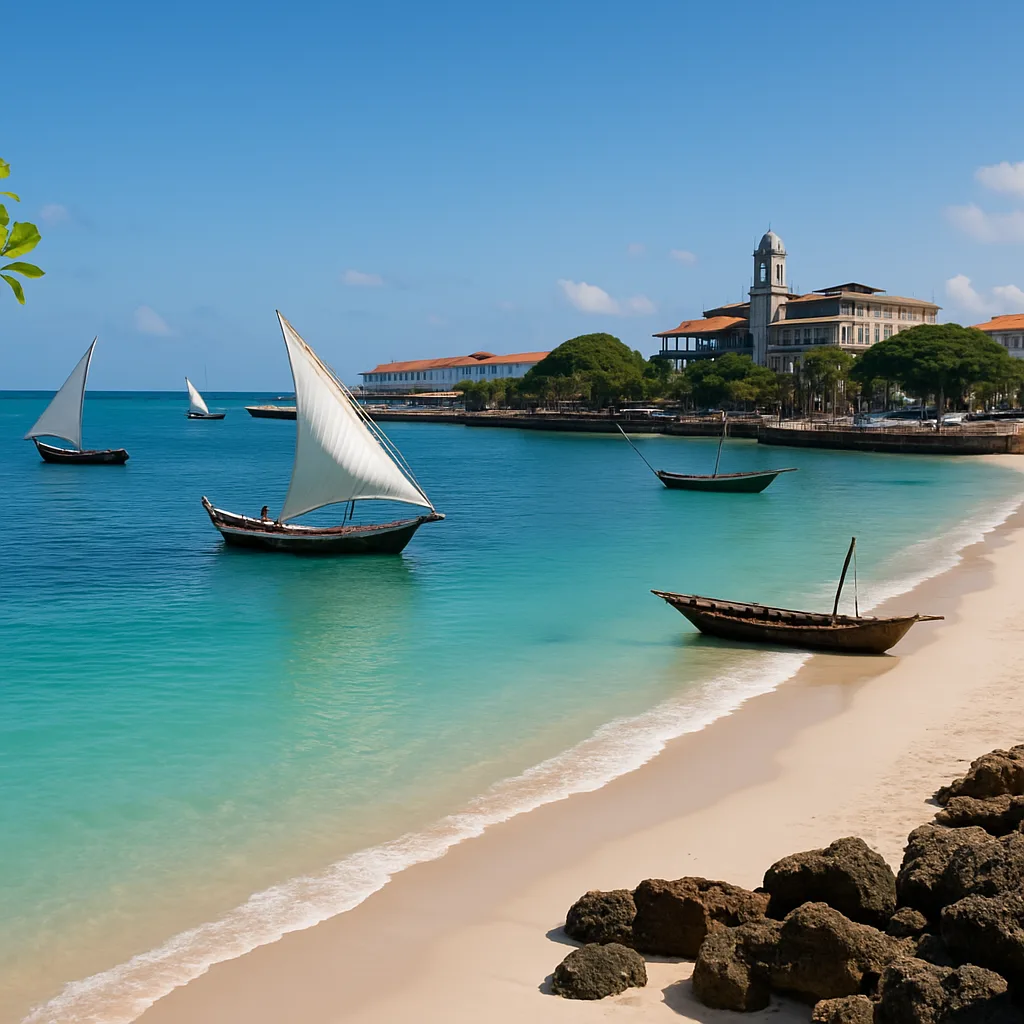
The food in Zanzibar is a mix of African, Arab, Indian, and European flavors, which shows its multicultural history.
Dishes You Have to Try
- Zanzibar Pizza is a pan-fried dish that can be sweet or savory and is sold at night markets.
- Seafood: The catch of the day, which is often grilled or curried.
- Urojo Soup is a spicy, sour soup that you can find in the Forodhani Gardens in Stone Town.
- Chapati and Pilau are two common foods in the area. They are made of spiced rice and flatbread.
Tip: To get the full range of food, eat at both local restaurants (called “mama’s kitchens”) and restaurants by the beach.
13. Shopping and Markets in Your Area
Things People Like to Buy
- Spices: Vanilla, cinnamon, and clove.
- Handmade Crafts: Maasai jewelry, wood carvings, and woven baskets.
- Textiles: Kanga and kitenge are colorful fabrics used in textiles.
- Zanzibar Chests: Wooden trunks with very detailed carvings.
Tip: In local markets, you should be ready to haggle. Do it with a smile!
14. Responsible and Sustainable Travel
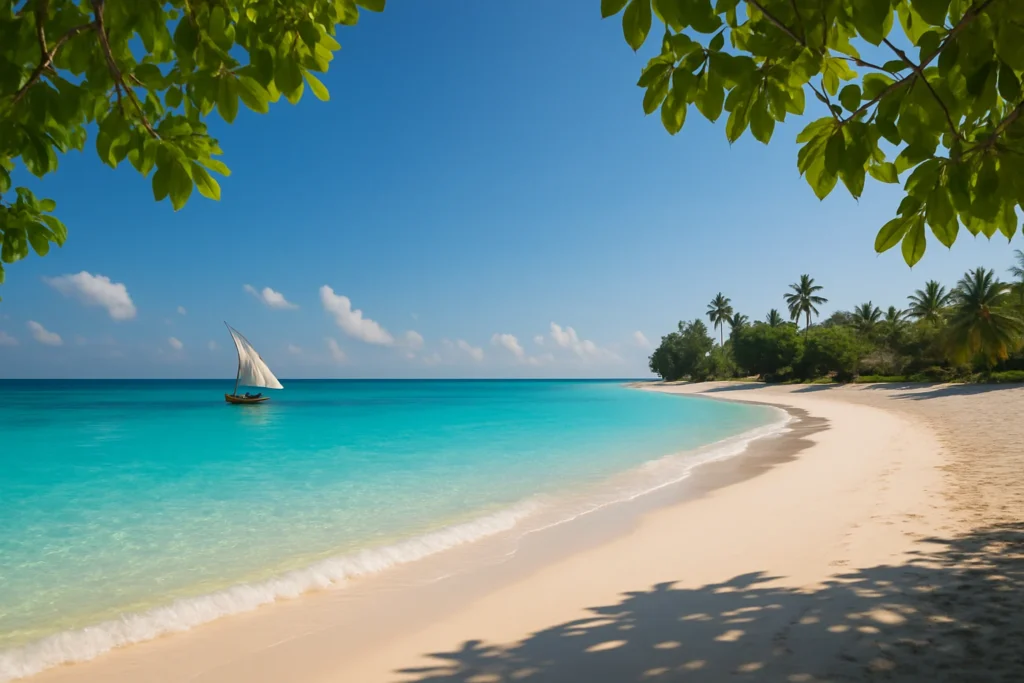
Tourism is very important to Zanzibar’s economy. Traveling responsibly helps keep its culture and environment unique.
- Support Locals: Choose hotels and tour companies that are owned by people in your area.
- Eco-Friendly Stays: Choose eco-lodges or hotels with policies that protect the environment.
- Marine Conservation: Don’t touch coral and don’t buy shells or other marine souvenirs.
- Plastic Use: Bring a bag and a water bottle that you can use again.
15. Access to the Internet and Connectivity
- SIM Cards: You can get them at the airport and in town. Zantel and Tigo have good coverage.
- Wi-Fi: Common in hotels and cafes, but it might be slow in some places.
- Power Outlets: Type D and G plugs (British-style) are used. 220V of voltage.
16. Making a Budget for Your Trip
Zanzibar has something for everyone, from luxury travelers to backpackers.
- Backpacker Budget: $30 to $60 a day
- Mid-Range: $80 to $150 a day
- Luxury: $200 or more a day
Costs include lodging, transportation, food, and trips. Making reservations for tours ahead of time can help you plan your budget.
17. Zanzibar for Special Interests
- Honeymooners: Romantic resorts in Kendwa, dinners by candlelight, and private dhow cruises.
- Families: Beaches that are safe, resorts that are good for kids, and tours of nature.
- Solo Travelers: Backpacker hostels in Paje or Jambiani that are friendly.
- Adventure Seekers: Kitesurfing, scuba diving, and hiking in the woods.
18. Last-Minute Travel Tips
- Time Zone: No daylight saving time; local time is GMT+3.
- Electrical Outlets: Bring a universal adapter with you.
- Local Laws: It’s against the law to be naked in public or use drugs, and the police are very strict about this.
- Photography: Always ask before taking pictures of people or cultural sites.
Is It Worth It to Go to Zanzibar?
Yes, for sure. Zanzibar is a place you will never forget because of its rich culture, beautiful nature, and friendly people. The island has something for everyone, whether you’re wandering the maze-like streets of Stone Town, soaking up the sun on a beach, or diving with dolphins.
You can have a stress-free vacation and make a positive difference at this beautiful place if you know what to expect and plan ahead.
Don’t Miss Also:

